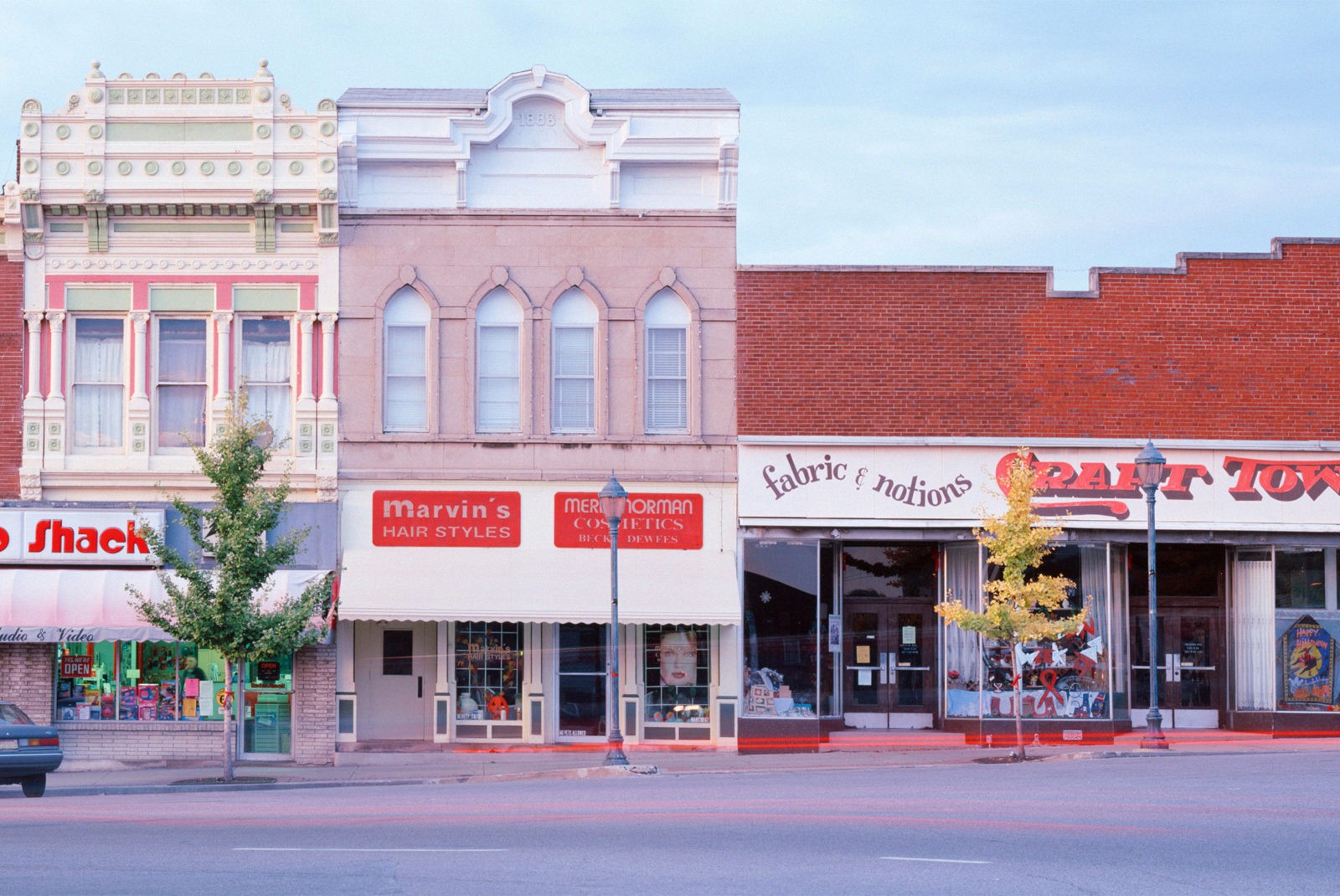Saving Main Street – Businessweek

Like many elected officials, Jersey City Mayor Steven Fulop talks a lot about the need to support small businesses. Unlike many, he’s put policies in place to help owners survive rent hikes, secure low-interest loans, and get expedited business permits. More than 600 small businesses have opened since Fulop became mayor of New Jersey’s second-biggest city in 2013. “We’re seeing a renaissance,” he says.
The mayor’s best-known effort is a zoning ordinance that prevents formula businesses—city planner jargon for chains with standardized stores such as Starbucks Corp. and Target Corp.—from occupying more than 30 percent of the ground floor of commercial areas of buildings. The city council enacted the rule in 2015 to preserve the “distinctive sense of place and unique neighborhood character” of downtown, the ordinance states. “You don’t want small business owners who’ve stuck with the city through the bad and the good to get squeezed out,” Fulop says. “There’s a real risk to the long-term health of the city when you look at where retail is going.”
At least 30 cities and towns across the country, from San Francisco to McCall, Idaho, have enacted similar rules. Some ban all chain stores from certain neighborhoods; others cap how many such businesses can move into an area; still others require approval on a case-by-case basis. Stacy Mitchell, co-director of the Institute for Local Self-Reliance (ILSR), an advocacy nonprofit for sustainable community development, says the ordinances are “one of the most powerful tools that local governments have to shape the mix of businesses in their cities.” A 2016 ILSR report noted that “as recently as the 1980s, independent retailers supplied about half of the goods Americans bought in stores; today their share is down to about one-quarter.”
